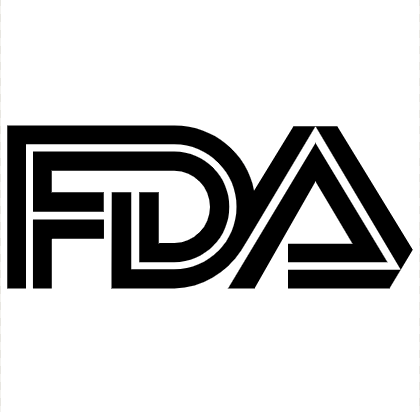Article
FDA Approves New Indication for Entresto for Patients with LVEF Below Normal
Author(s):
The approval was based on data from the PARAGON-HF study.

The US Food and Drug Administration (FDA) has expanded the label for sacubitril/valsartan (Entresto), a therapy aimed at reducing the risk of cardiovascular death and hospitalization for heart failure in adults with chronic heart failure.
The approval, awarded to Novartis, is based on clinical data showing clear benefits for patients with left ventricular ejection fraction (LVEF) below normal. The label also states that LVEF is a variable measure and clinical judgment should be used when deciding who to treat.
The Treatment
The treatment represents the first medication with benefit for patients diagnosed with guideline-defined heart failure that includes both those with heart failure with reduced ejection fraction (HFrEF) and many with heart failure with preserved ejection fraction (HFpEF).
“This approval is a significant advancement, providing a treatment to many patients who were not eligible for treatment before because their ejection fraction was above the region we normally considered reduced. Until now, treatment for these patients was largely empiric,” said Scott Solomon, MD, Professor of Medicine at Harvard Medical School and Brigham and Women's Hospital, and PARAGON-HF Executive Committee Co-Chair, in a statement. “We can now offer a treatment to a wider range of patients who have an LVEF below normal.”
The Trial
The FDA decision is based on the data from the PARAGON-HF trial, the largest and only phase 3 active-controlled study in patients with guideline-defined HFpEF. In the study, researchers found the greatest benefit in patients with LVEF below normal.
There are currently approximately 6 million individuals in the US with chronic heart failure, 3 million of which with HFrEF and 2 million with HFpEF with LVEF below normal.



